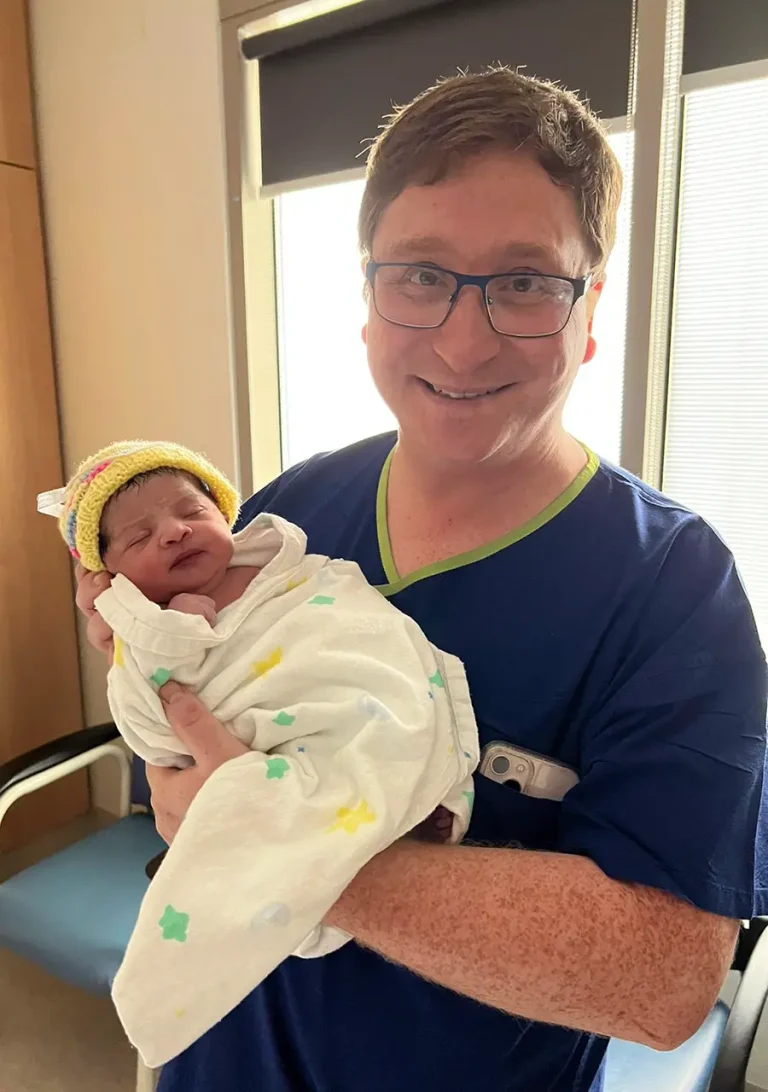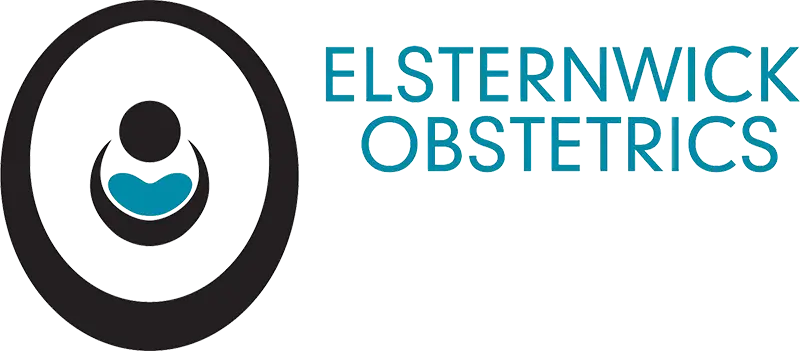
Obstetrics
Dr Saul Cohen’s Pregnancy Care Philosophy
Pregnancy and birth are natural processes, that should remain as such, unless intervention is necessary for the wellbeing of mother or baby.
Collaborating with midwives who share this philosophy further supports a natural birth experience. My goal is to guide you through a safe and empowering pregnancy and birth journey.
My approach to pregnancy care
As an obstetrician, my role is to assess and address any risks or challenges during your pregnancy.
I adopt a collaborative approach, offering current, evidence-based information to help you make informed decisions about your care.
We've also called the Midwife!
Dr Cohen has engaged highly experienced Midwife Tess England to offer comprehensive education and care throughout his patients’ pregnancy journeys.
Midwife Tess will provide personalised one-on-one sessions, focusing on education covering pregnancy, childbirth, breastfeeding and newborn care, in addition to providing clinical care. Tess will also provide you with 6 weeks postnatal care after you have your baby, offering both home and clinic appointments.
With the combined expertise of both an obstetrician and a midwife, you will receive thorough guidance and support as you prepare for your birth and on your journey to becoming a parent.

Antenatal
Dr Cohen will be your primary care provider throughout your pregnancy and support you during birth. The initial consultation is usually undertaken between 7–10 weeks gestation, which can be confirmed with an ultrasound in the clinic.
Dr Saul Cohen will be on call 24/7 for your birth.
Tess the Endorsed Midwife is available for clinical checks of mother and baby including pregnancy education, birth preparation and newborn care.
Chromosomal Abnormalities Testing
Combined Maternal Serum Screening: Combined blood test (9–13 weeks) and ultrasound (11–14 weeks). Tests for Down Syndrome with a 90% detection rate, and Edward’s Syndrome.
NIPT
Non-Invasive Prenatal Testing (NIPT): Detection rate of 99% for Down syndrome with lower false positives. Additionally tests for Edwards’s Syndrome, Patau’s Syndrome, and abnormalities with the sex chromosomes. A wider range of chromosomal conditions can also be tested for at an extra cost. This test can be done after 10 weeks of pregnancy.
VCGS Percept NIPT, Dorevitch Generation, Melbourne Pathology.
Diagnostics Tests
Amniocentesis and Chorionic Villus Sampling (CVS): We will discuss this option if screening tests show a high-risk result, of if certain risk factors are present.
Routine Tests
- Blood Group and Antibodies: If you are a negative blood group, you will be offered Anti-D injections at 28 and 34 weeks of pregnancy.
- Full Blood Count: Check for anaemia and platelet levels.
- Infection Screening: Hepatitis B and C, HIV, and syphilis.
- Immunity Screening: Rubella and varicella (chickenpox).
- Iron Stores and Vitamin D Screening: Assess deficiency.
- Urine Culture: Screen for asymptomatic bacteria.
Ultrasounds
Dating scan at 12–14 weeks: To confirm pregnancy dates (+/-5 days) and screen for early fetal malformations.
Anatomy scan at 20-22 weeks: To check for structural abnormalities.
Gestational Diabetes Screening
Glucose tolerance test (GTT): Offered between 24-28 weeks (usually at 26 weeks). Earlier tests will be offered if high-risk. If diabetes is diagnosed, I will discuss with you optimising your diet and exercise in pregnancy. You will be referred to an endocrinologist who specialises in the management of diabetes in pregnancy.
Group B Streptococcus (GBS) Screening
Group B Streptococcus (GBS) is a bacteria that occurs as part of the normal vaginal environment in approximately 20% of women.
At 36 weeks gestation, I will discuss GBS screening with you and the use of preventative antibiotics in labour if you test positive.
Birth
Support for Natural Birth
My general approach to pregnancy care is minimal Intervention only when required, for instance pre-eclampsia or fetal growth restriction. Inducing labour in an uncomplicated pregnancy presents risks for mother and baby, and adds medical intervention to a natural process.
Water Births
I support labouring and birthing in a birth pool if this is your preference. Water birth services are available at Jessie McPherson Private Hospital/Monash Medical Centre.
Vaginal Birth of Twins
I support vaginal birth for most women carrying twins. As a consultant in the public twins clinic at Monash Medical for the past 10 years, and having delivered multiple sets of twins, I support vaginal birth for most women carrying twins.
Breastfeeding Support
Breastfeeding offers numerous, lifelong health benefits to both babies and mothers. I recommend expressing breast milk during the final weeks of pregnancy. Midwife Tess will be available for postnatal support including breastfeeding.
Breech Presentation
I recommend external cephalic version (ECV) to address breech presentation at term, and for carefully selected cases I support vaginal breech birth. Read more about Breech Presentation.
Umbilical Cord Clamping
I routinely delay clamping of the umbilical cord, in line with growing medical evidence supporting this practice.
Vaginal Birth After Caesarean Section (VBAC)
Following a caesarean section, a vaginal birth is an option if there are no contraindications.
In fact, the chance of a successful vaginal birth after one caesarean section is the same, or similar, as a first-time mother. https://ranzcog.edu.au/wp-content/uploads/Vaginal-Birth-After-Caesarean.pdf
Please find below some links to helpful information regarding birth
Monitoring your baby’s heart rate during labour
Pain relief during labour and birth
Vaginal birth after Caesarean section
Postnatal
A final 6-week discharge appointment with Dr Saul Cohen will be scheduled for mother and baby.
Tess is available for postnatal care for 6 weeks after you have your baby. Both clinic appointments and home visits are available.
